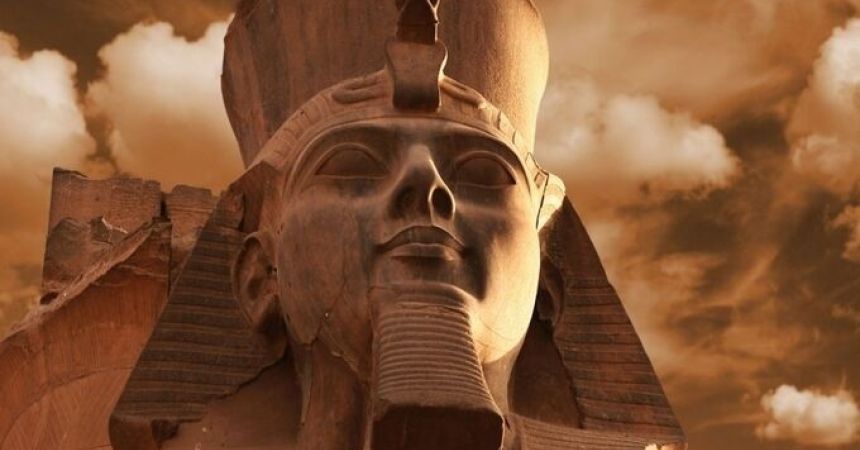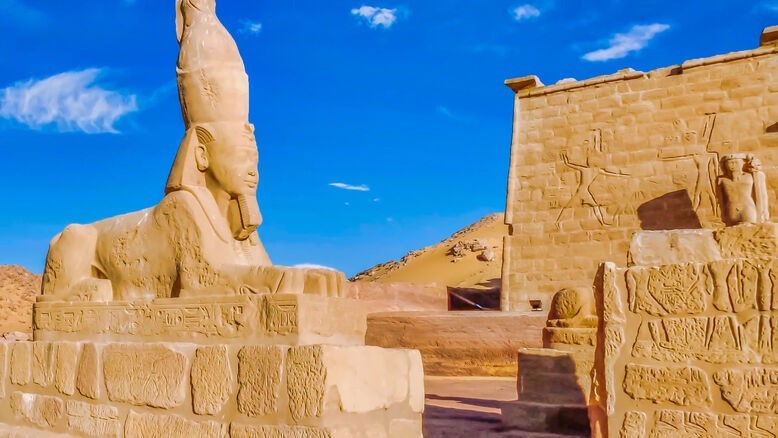
Egypt Travel Guide: What You Need to Know
Egypt is one of the world’s most fascinating destinations, offering ancient wonders, vibrant cities, desert landscapes, and relaxing Red Sea beaches. Whether you are planning your first international travel adventure, a family holiday, a luxury vacation, or a romantic honeymoon, knowing what to expect before you go will help you enjoy a smooth and memorable journey.
From visa rules and local customs to money matters and choosing the right tour packages, this guide covers everything you need to know to plan the perfect Tour Egypt itinerary.
Visa Requirements and Entry Rules
Most travelers need a visa to enter Egypt. Many nationalities can obtain:
- A visa on arrival at major airports
- An e-visa online before departure
Your passport should be valid for at least six months after your arrival date. Immigration officers may ask for hotel reservations and return tickets, especially if you are joining organized group tours or private tours in Egypt.
Best Time to Visit Egypt
The best time for Egypt travel is from October to April, when temperatures are pleasant for outdoor sightseeing.
Season overview:
- Winter (Dec–Feb): Ideal weather, busiest season
- Spring & Autumn: Warm and comfortable
- Summer (Jun–Aug): Very hot, but cheaper vacation packages and fewer crowds
Red Sea resorts remain popular year-round, making summer suitable for beach-focused holidays.
Safety and Local Laws
Egypt is generally safe for tourists, especially in major destinations such as Cairo, Luxor, Aswan, and resort areas.
Helpful tips:
- Avoid political demonstrations
- Use licensed guides and transport
- Keep copies of your passport
- Respect photography restrictions near military or government buildings
Traveling with reputable Egypt tour packages adds extra comfort, safety, and convenience.
Money, Payments, and Tipping
The local currency is the Egyptian Pound (EGP). Cash is widely used, although hotels and larger restaurants accept credit cards.
Tipping (“baksheesh”) is customary:
- Guides: 5–10 USD per day
- Drivers: 3–5 USD per day
- Restaurants: 5–10%
Egypt offers excellent value for money, especially when booking complete vacation packages that include hotels, transport, and guided tours.
Culture, Dress Code, and Etiquette
Egypt is culturally conservative compared to Europe or North America.
Key points:
- Dress modestly in cities and religious sites
- Cover shoulders and knees when visiting mosques
- Avoid public displays of affection
- Always ask before photographing people
Respecting local customs will enhance your overall travel experience and interactions with locals.
Transportation and Getting Around
Egypt has several transport options:
- Domestic flights between Cairo, Luxor, Aswan, and Red Sea resorts
- Trains along the Nile Valley
- Private vehicles included in many tour packages
For first-time visitors, organized transport through group tours or private tours is often the easiest and most comfortable option.
Health, Food, and Drinking Water
Basic health tips:
- Drink bottled water only
- Avoid ice outside major hotels
- Eat in reputable restaurants
- Carry basic medication for stomach issues
Egyptian cuisine is flavorful and diverse, and many travelers enjoy food-focused Egypt cultural tours as part of their itinerary.
Internet, SIM Cards, and Connectivity
SIM cards are inexpensive and available at airports and city shops. Major providers include Vodafone, Orange, and Etisalat. Most hotels and cruise ships offer Wi-Fi.
Choosing the Right Tours and Itinerary
Egypt caters to all types of travelers:
- Cultural group tours
- Luxury Nile cruises
- Egypt Family-friendly vacations
- Romantic honeymoon packages in Egypt
- Fully customized private tours
A typical Egypt itinerary includes Cairo, Luxor, Aswan, a Nile cruise, and optionally the Red Sea or desert experiences.

FAQs – Travel Guide to Egypt
- Is Egypt safe for tourists?
Yes, Egypt is generally safe in tourist areas. Using licensed guides, reputable hotels, and organized tours significantly increases comfort and security during travel.
- Do I need a visa to visit Egypt?
Most travelers need a visa, available online or on arrival. Your passport should be valid for six months beyond your travel date.
- What should I wear while traveling in Egypt?
Wear lightweight, modest clothing. Cover shoulders and knees in religious sites and choose comfortable shoes for sightseeing at temples and historical attractions.
- Is Egypt expensive to travel?
Egypt is affordable compared to many destinations. Hotels, food, transportation, and guided tours offer excellent value, especially within complete travel packages.
- Should I book tours or travel independently?
Both are possible, but guided group tours or private tours save time, simplify logistics, improve safety, and provide valuable historical insight.



